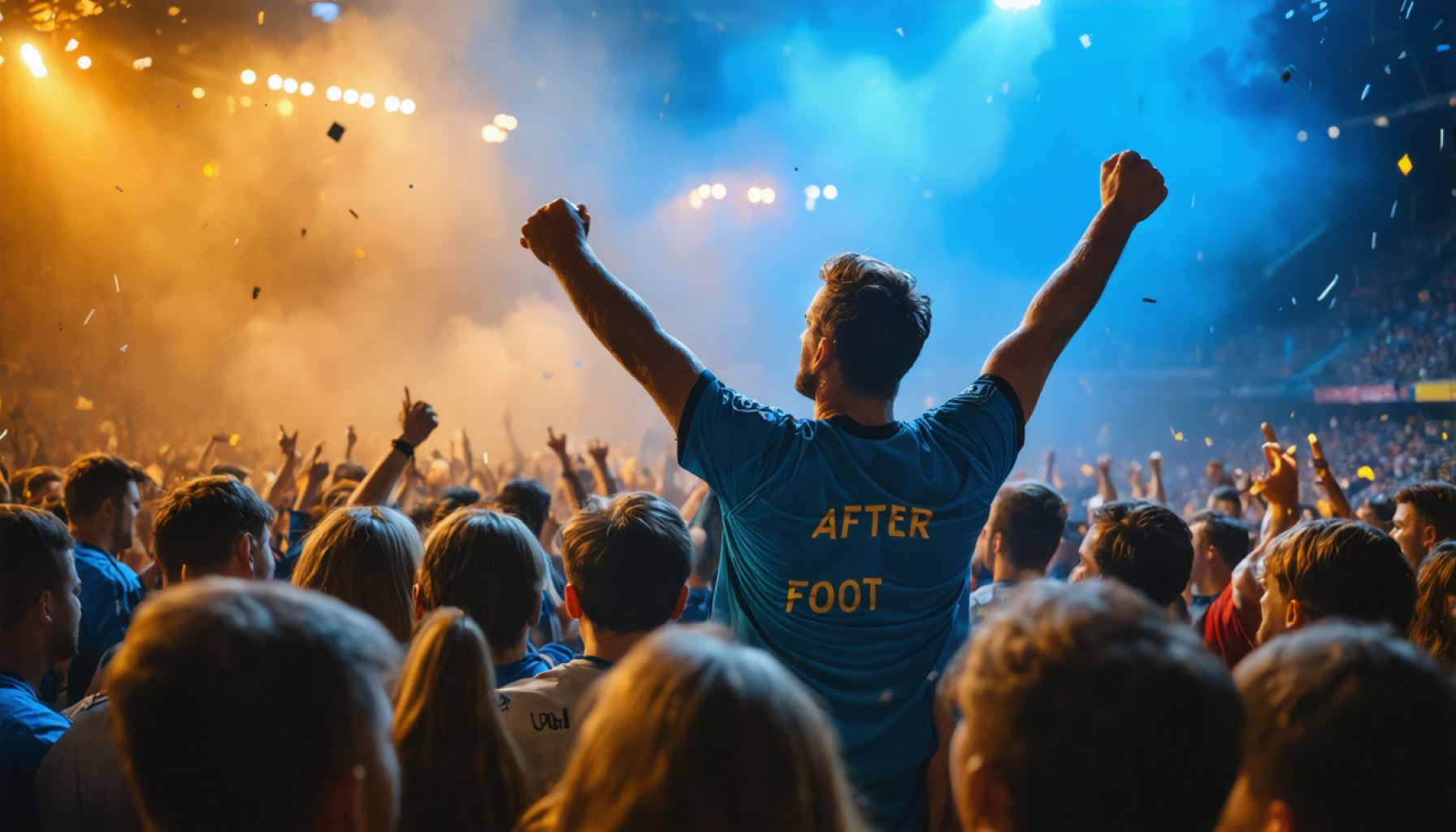- Barcelona is leveraging AI-driven tourism to enhance visitor experiences by integrating interactive technology.
- AI-powered apps offer personalized journeys, incorporating AR and machine learning for customized city exploration.
- These technologies aim to reduce overcrowding by directing tourists to less-known, captivating sites, promoting sustainable tourism.
- AI-driven tourism can stimulate economic growth by aligning local businesses with tourist interests, benefiting both the city and visitors.
- Barcelona serves as a model city, demonstrating the potential of AI to transform global tourism practices.
As technology weaves itself into the fabric of travel, Barcelona is emerging as a groundbreaking city embracing AI-driven tourism, revolutionizing how visitors explore its rich history and culture. Home to a mosaic of influences, from Gaudí’s masterpieces to world-famous tapas, Barcelona is now paving the way for interactive technology to transform the tourist experience.
Imagine strolling through La Rambla while an AI-powered app customizes your journey based on your interests in real-time. This is not science fiction; AI-driven guides are slated to become a staple in Barcelona’s tourism arsenal. Equipped with augmented reality (AR) capabilities and machine learning algorithms, these guides promise an interactive and personalized exploration of the city.
Furthermore, these AI applications will soon have the ability to mitigate overcrowding in popular areas by suggesting lesser-known yet equally enchanting sites. This could mark a shift in how tourism impacts local communities, encouraging sustainable visitation practices that preserve Barcelona’s charm.
Crucially, AI doesn’t just mean convenience for travelers; it holds the potential for economic growth. By optimizing visitor flow and creating tailored experiences, local businesses can better align with tourists’ needs, fostering a thriving ecosystem that benefits both guests and residents alike.
In its journey toward a tech-enhanced visitor experience, Barcelona is poised to become a beacon for other global cities contemplating similar advancements, leading the charge into a symbiotic relationship between AI and tourism for the benefit of all.
Discover how Barcelona’s AI-Powered Revolution is Changing Tourism Forever!
How is AI enhancing the tourism experience in Barcelona?
AI is revolutionizing the tourism industry in Barcelona by offering personalized and interactive travel experiences. Advanced applications equipped with augmented reality and machine learning can craft itineraries in real-time based on tourists’ preferences. This tailor-made journey transforms a standard visit into a deeply engaging exploration of the city’s cultural and historical landmarks. With AI, visitors can enjoy content-rich and immersive tours, turning the streets of Barcelona into a dynamic museum where their phone acts as a personal guide.
What are the pros and cons of AI-driven tourism in Barcelona?
Pros:
– Personalization: AI can customize the travel experience, making it unique to each visitor’s interests and preferences.
– Sustainable Tourism: By managing visitor flows to prevent overcrowding, AI promotes sustainable tourism and lessens the strain on popular sites.
– Economic Benefits: Tailoring experiences can increase tourist satisfaction, which often leads to higher spending in local businesses.
Cons:
– Privacy Concerns: The use of AI involves collecting data, which can trigger concerns around privacy and data security.
– Job Displacement: The adoption of AI might undermine traditional roles within the tourism sector, leading to job losses.
– Technology Dependency: An overreliance on technology could diminish the authenticity of the travel experience.
How does Barcelona’s adoption of AI in tourism impact its economy and community?
Barcelona’s use of AI in tourism boosts the local economy by creating more customer-centric experiences that encourage spending. By optimizing the flow of tourism, it not only enhances visitor satisfaction but also supports small businesses and local artisans by driving the discovery of lesser-known areas. Furthermore, sustainable tourism practices fostered by AI can lead to an enduring positive impact on the community by reducing the environmental footprint of tourism and preserving local heritage.
Related Link:
For more information on Barcelona’s tourism transformation, visit the official tourism site of Barcelona Turisme.


















